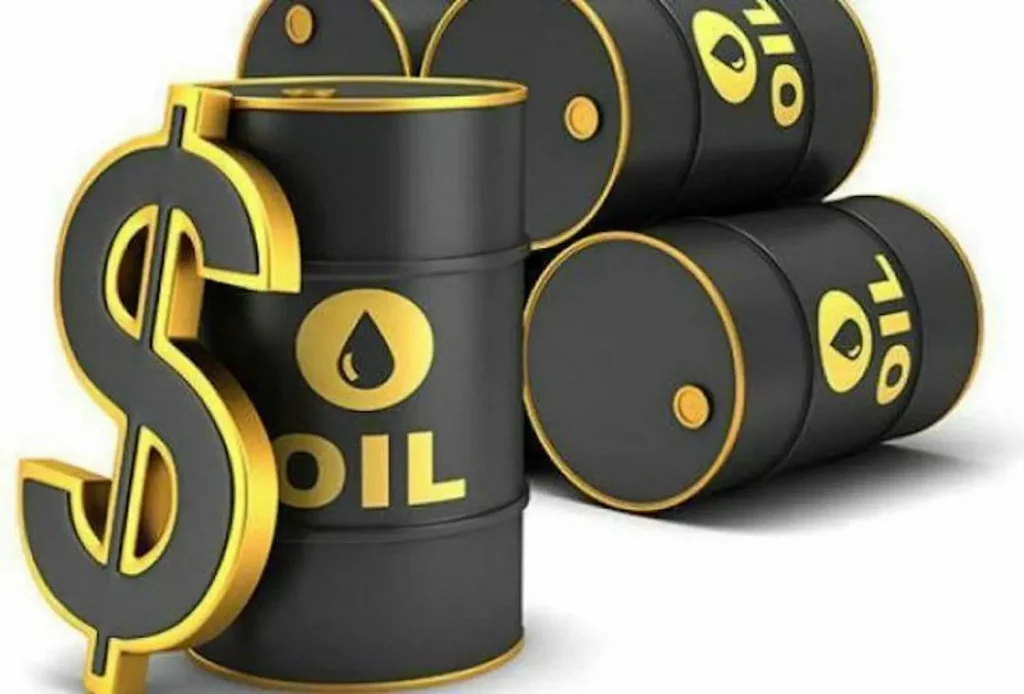
By David Akinmola
Fuel marketers have raised concerns over the proposed 15 per cent import duty on petroleum products, warning that the policy could cripple operations, worsen the cost of doing business, and potentially trigger another round of fuel price increases across the country.
Under the new tariff regime reportedly being considered by the Federal Government through the Nigeria Customs Service (NCS), imported refined petroleum products—including petrol, diesel, and aviation fuel—would attract a 15 per cent import duty and other port-related charges.
Operators in the downstream oil sector, however, said the move is ill-timed, given the current economic hardship, unstable exchange rate, and high logistics costs. They cautioned that the duty would further erode already-thin margins and could lead to supply disruptions if not reviewed.
The National President of the Independent Petroleum Marketers Association of Nigeria (IPMAN), Alhaji Abubakar Maigandi, said the planned duty could have devastating implications for the market. According to him, the current business environment remains extremely tough for marketers who import fuel using private forex sources at rates above ₦1,400 per dollar.
“Introducing a 15 per cent duty on imported fuel at this time will make the landing cost unbearable. Many marketers are already struggling with high port charges, demurrage, and foreign exchange pressure. If this is implemented, it may push several operators out of business,” Maigandi warned.
He noted that since the deregulation of the downstream sector, marketers have faced significant challenges in sustaining operations due to the volatility in the exchange rate and rising international crude prices.
Another industry source, who requested anonymity, told The Guardian that the proposed import levy would inevitably reflect on pump prices. “If the government goes ahead with the 15 per cent duty, petrol could sell above ₦900 per litre, depending on forex and global oil prices. Consumers will ultimately bear the burden,” he said.
The Major Energy Marketers Association of Nigeria (MEMAN) also expressed concern, urging the Federal Government to reconsider the policy. MEMAN’s Executive Secretary, Clement Isong, explained that the focus should be on creating a stable regulatory environment to attract investment in local refining and reduce import dependency, not imposing additional levies.
“The priority should be to support local refining capacity and stabilize the forex market. Adding a 15 per cent duty will only raise costs and undermine the competitiveness of the sector,” Isong said.
Energy analysts said the policy, if implemented, could worsen inflationary pressures, as fuel prices have a direct impact on transportation, food prices, and manufacturing costs.
They argued that rather than increasing import duties, government should intensify efforts to fast-track the operational readiness of the Dangote Refinery and the rehabilitation of NNPCL refineries, to reduce the country’s reliance on imports.
As of October 2025, Nigeria still imports nearly 80 per cent of its refined petroleum products, despite ongoing reforms aimed at achieving self-sufficiency in local production.







